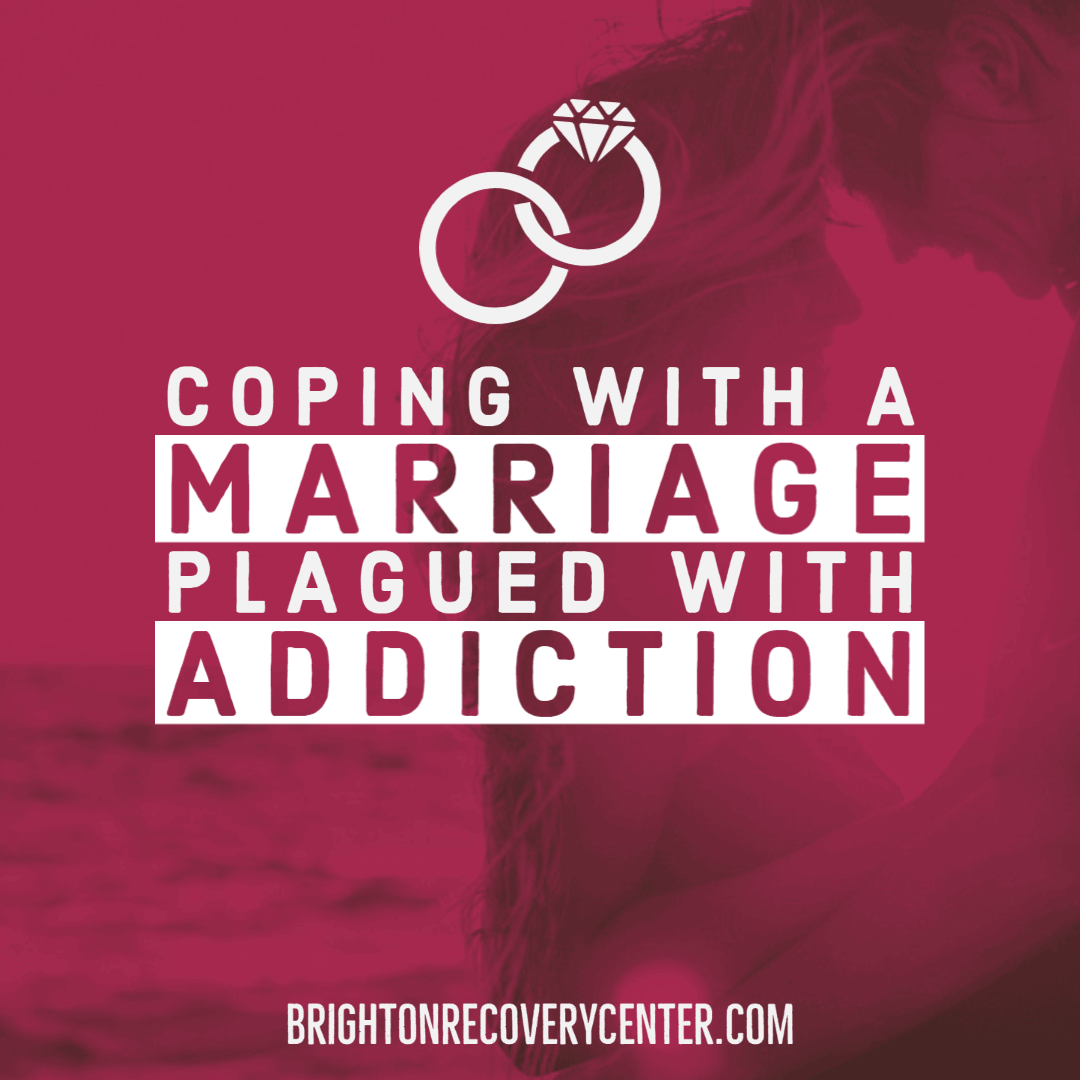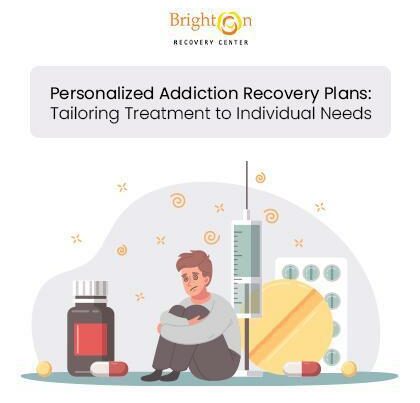Coping with a Marriage Plagued with Addiction

Getting married is a monumental part of someone’s life. It is a declaration to the world that someone will dedicate themselves to someone else for the rest of their lives, and is a celebration of the love and trust for years to come. However, addiction is something that can afflict anybody under a myriad of different circumstances.
Addiction can stem from stress and social practices, trauma, mental health, or any number of reasons. However, the effect on a marriage can look quite the same. Living with a spouse suffering from addiction takes a toll on both parties, but it is also necessary to plan on how the issue will be addressed to continue to nurture that love that was felt since the wedding day.
Prepare for the Conversation
Before addressing the significant other outright, prepare what will be said, and rehearse it. These issues are incredibly complex and create a very fragile line that one must toe. Keep things simple and grounded, using evidence and shorter thoughts rather than speculation and assumption. Furthermore, preparing for the conversation also means taking the time to address one’s self before addressing the individual suffering from an addiction, and there are a few key factors to keep in mind in that regard.
It Is Not Your Fault
Blame is a tricky thing when it comes to addressing addiction and recovery. But it is not any single person’s fault. Having a loved one succumb to addiction doesn’t mean that there was a failing of any kind from either spouse and blaming one’s self often leads down even further self-destructive paths. While every marriage is sure to have its own problems to overcome and talk out, dealing with addiction is a whole different level.
Not blaming one’s self may be difficult as well, especially as the emotional state of the spouse continues to compromise itself. This instability due to addiction and any underlying factors may have them begin to lash out or become irritable. They may even want to start blaming someone else as well and often then try to direct blame onto the nearest person, which is often the ones closest to them. But none of this means that it is one’s fault, and instead, they are calling out for help and an outlet.
Don’t Take It Personally
When someone develops an addiction, it is never out of spite for another person. When someone is coping with addiction, their mind is in constant turmoil trying to synthesize all the different facets of their lives and addictions. In their anger, it is common for them to begin to turn seemingly antagonistic to those that love them. But that doesn’t mean that it is personal. Recovery from addiction comes with large emotional shifts and mood swings, but the loved one is still there.
Get Help
Dealing with an addiction is a complicated process that often requires professionally trained help to recovery from the addiction to live a healthy, sober life. However, it is also important for the loved ones of an addicted individual to get the help they need to deal with the stresses of trying to help their spouse in any way they can. Loved ones and family need an outlet for their stresses during the recovery process just as much as the person directly afflicted.
Don’t Change Your Life
It can be tempting to put one’s entire life on hold in order to help an addicted spouse. However, completely putting one’s own life on hold to help another can have its own negative impacts. It is important to continue to maintain one’s own sense of self through the process. That involves realizing that the path to a spouse’s recovery is ultimately in their own hands. Continue to care for one’s self first and foremost—working towards their own goals and dreams. Continue practicing self-care and living life outside of the addiction recovery process. Staying supportive is highly influential for the person in need of help. However, there is just as much a need to care for one’s own self during the process as well.
Keeping Focused
Always keep goals in mind, both in regards to the expectations and rewards for the recovering individual, as well as the goals for one’s self. Keeping one’s own self moving towards a goal creates a much-needed fulfillment for all parties involved. In addition to keeping one’s own self busy, it also serves as a “leading by example” model for the goals of the person suffering from addiction as well.
Seeing a loved one suffering from addiction is a scary thing, but remember that there is always that love from the beginning. The person that individual married is still there, so getting the necessary help for them is paramount, just as it is necessary to care for one’s self through the process. Forgiveness and patience, alongside professional programs and advice, need to work in tandem not just to help the person through their recovery but also to emerge as a unified family unit in the end.
Brighton Recovery Center is available for you to begin the recovery process towards a sober life. Creating a nurturing, professional environment for one to detox, as well as instilling necessary skills for the individual as well as their family, Brighton is committed to a holistic approach to addiction recovery. If you are ready to take the first step towards a healthy, happier life, contact Brighton Recovery Center today at 1-844-479-7035.



